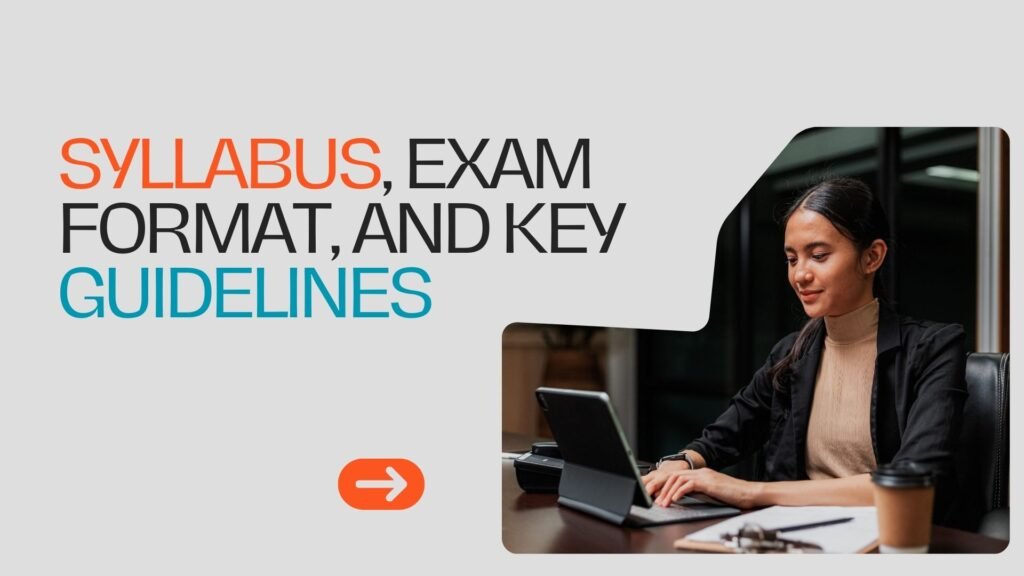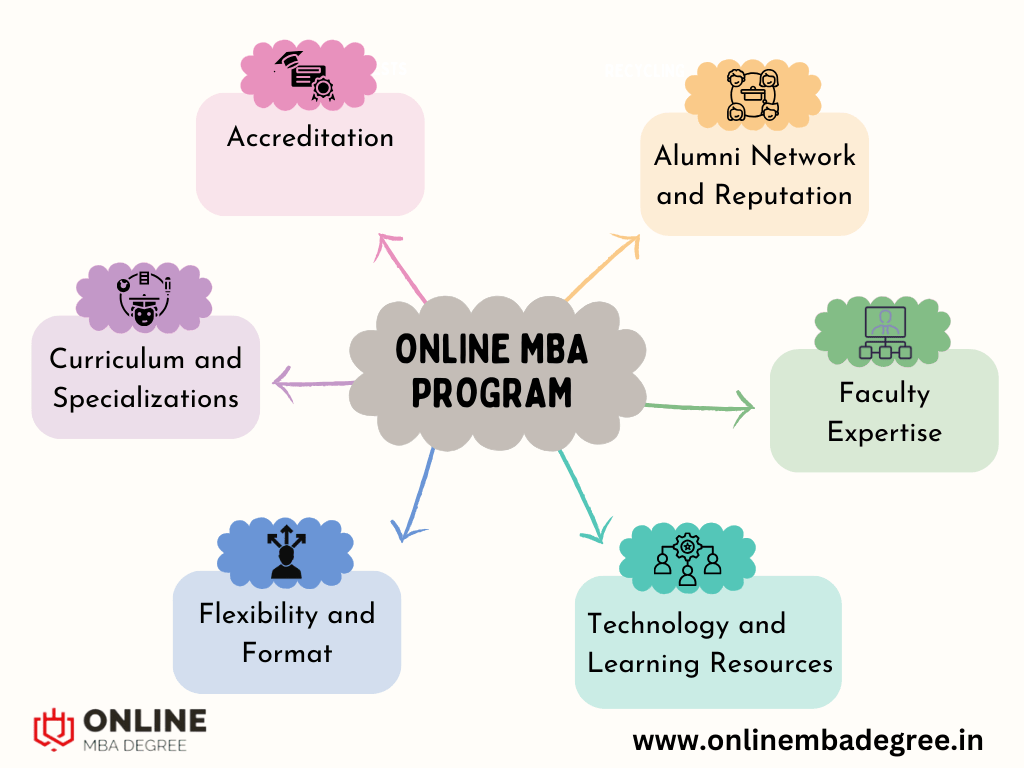UGC Announces Admissions in Two Academic Session 1st Batch(July/August) . 2nd Batch (January/February)
Get an Online MBA Degree by NAAC A++ Accredited Universities
Globally Recognised Universities
As per Govt. Online MBA Degree are Now Equivalent to Regular Degrees
Hurry Up! Admission Closing Soon. Only Few Seats Left. Enroll Now!
ODL & Online MBA Programs are Equivalent to Regular (Campus) Programs - To know more
UGC Announces Admissions in Two Academic Session 1st Batch(July/August) . 2nd Batch (January/February)
Get an Online MBA Degree by NAAC A++ Accredited Universities
Globally Recognised Universities
As per Govt. Online MBA Degree are Now Equivalent to Regular Degrees
Hurry Up! Admission Closing Soon. Only Few Seats Left. Enroll Now!
ODL & Online MBA Programs are Equivalent to Regular (Campus) Programs - To know more

CLAT 2025 Online Registration Open Now : Apply Directly Here
CLAT 2025 Online Registration Now Open: Secure Your Spot Today
Prospective law students may now take the first step toward their future by enrolling for the Common Law Admission Test (CLAT) 2025 as the school year moves on. Interested students are invited to apply immediately through the official site since the online registration procedure for CLAT 2025 has already begun.
Why CLAT 2025?

The Common Law Admission Test (CLAT) is a highly esteemed national entrance examination that is administered to candidates seeking admission to undergraduate and graduate law programs provided by several renowned law institutes throughout India. There will be a lot of chances in the legal industry after the CLAT 2025, therefore prospective law students should make sure they are well-prepared and submit their applications on time.
1. Gateway to Premier Law Schools
CLAT is the gateway to some of India’s most prestigious law institutions. Universities such as the National Law School of India University (NLSIU) Bangalore, National Academy of Legal Studies and Research (NALSAR) Hyderabad, and National Law University (NLU) Delhi are among the top institutions that consider CLAT scores for admission. Earning a place in these esteemed institutions can significantly enhance your legal education and career prospects.
2. Comprehensive Evaluation
CLAT is designed to assess a broad range of skills and knowledge that are essential for a successful career in law. The exam evaluates candidates on their aptitude in English, General Knowledge, Mathematics, Legal Reasoning, and Logical Reasoning. This holistic approach ensures that students are well-rounded and equipped to handle the diverse challenges of a legal career.
3. Recognized Nationally
As a national-level entrance exam, CLAT is recognized across India. A good score can open doors to various law colleges and universities, providing candidates with a wide range of choices for pursuing their legal education. This national recognition also means that your qualification and education are valued and respected across the country.
Essential Information About the Common Law Admission Test (CLAT)
| Category | Details |
| Exam Name | Common Law Admission Test (CLAT) |
| Conducting Body | Consortium of National Law Universities (NLUs) |
| Exam Date | December 1, 2024 |
| Registration Start Date | Registration has started |
| Registration Mode | Online |
| Registration End Date | October 15, 2024 |
| Exam Mode | Offline (Pen and Paper) |
| Exam Duration | 2 hours (extended to 4:40 PM for PwD candidates) |
| Number of Questions | – UG CLAT: 150 multiple-choice questions– PG CLAT: 120 multiple-choice questions |
| Eligibility | – UG Program: 10+2 qualification with minimum aggregate percentage– PG Program: LL.B degree or equivalent with requisite marks |
| Reservation | As per the Government of India/State Government policies |
| Important Documents | – Recent passport-size photograph– Signature– Category certificate (if applicable)– PWD certificate (if applicable)– BPL certificate (if applicable) |
| Official Website | Consortium of NLUs |
| Contact Information | – clat@consortiumofnlus.ac.in– 08047162020 |
How to Register?
- Visit the Official CLAT 2025 Website: Begin by navigating to the official CLAT website.
- Create an Account: If you are a new user, you’ll need to create an account by providing basic details such as your name, email address, and phone number. Existing users can simply log in using their credentials.
- Fill Out the Application Form: Once logged in, complete the online application form with accurate information. Ensure all details are correctly entered to avoid any issues with your application.
- Upload Required Documents: Upload scanned copies of necessary documents such as your photograph, signature, and educational certificates.
- Pay the Application Fee: After filling out the form and uploading documents, proceed to pay the application fee. The fee structure can be found on the website.
- Submit and Print Your Application: Review your application form carefully before submitting it. Once submitted, print a copy for your records.

What are the Key Dates and Eligibility Requirements for CLAT 2025?
Key Dates:
- Notification Release: Usually in the first week of December 2024.
- Application Form Release: Typically in the first or second week of January 2025.
- Last Date to Apply: Generally by the end of March 2025.
- Admit Card Release: Around mid-April 2025.
- CLAT 2025 Exam Date: Scheduled for the second or third week of May 2025.
- Result Declaration: Usually in the first week of June 2025.
- Counseling: Begins in June 2025.
Eligibility Requirements:
- For Undergraduate Program (5-year integrated LLB):
- Age Limit: No upper age limit.
- Educational Qualification: Candidates should have passed the 10+2 examination or an equivalent exam with a minimum percentage (usually around 45% for general category and 40% for SC/ST).
- Appearing Candidates: Candidates who are appearing for their 10+2 exam in 2025 can also apply.
- For Postgraduate Program (1-year LLM):
- Age Limit: No upper age limit.
- Educational Qualification: Candidates should have an LLB degree or an equivalent qualification with a minimum percentage (typically around 55% for general category and 50% for SC/ST).
- Appearing Candidates: Candidates who are appearing for their final year LLB exam can also apply.
Comprehensive Blueprint for Syllabus, Exam Format, and Key Guidelines

CLAT UG Syllabus:
The CLAT UG exam typically covers the following subjects:
- English Language:
- Reading Comprehension
- Vocabulary
- Grammar
- Sentence Completion
- Synonyms and Antonyms
- Current Affairs, including General Knowledge:
- Important events of national and international significance
- Major issues in politics, sports, science, and culture
- Legal and Constitutional affairs
- Legal Reasoning:
- Legal propositions
- Logical application of legal principles
- Case-based reasoning
- Analytical reasoning related to legal matters
- Logical Reasoning:
- Verbal and Non-verbal Reasoning
- Logical sequences and patterns
- Critical thinking
- Deductive reasoning
- Quantitative Techniques:
- Basic Mathematics
- Arithmetic
- Algebra
- Data Interpretation
Question Paper Format:
- Number of Questions: The exam generally consists of 150 multiple-choice questions (MCQs).
- Duration: 2 hours
- Marking Scheme:
- Correct Answer: Usually +1 mark
- Incorrect Answer: Usually -0.25 marks (negative marking)
- Sections:
- English Language: 28-32 questions
- Current Affairs, including General Knowledge: 35-39 questions
- Legal Reasoning: 35-39 questions
- Logical Reasoning: 35-39 questions
- Quantitative Techniques: 12-15 questions
| Subject Areas | Approximate Number of Questions | Weightage |
| English Language | 28-32 questions | Roughly 20% of the paper |
| Current Affairs, including General Knowledge | 35-39 questions | Roughly 25% of the paper |
| Legal Reasoning | 35-39 questions | Roughly 25% of the paper |
| Logical Reasoning | 35-39 questions | Roughly 20% of the paper |
| Quantitative Techniques | 12-15 questions | Roughly 10% of the paper |
Instructions for the Exam:
- Read Questions Carefully: Ensure you read each question and its options thoroughly before answering.
- Time Management: Allocate your time wisely to each section to cover all questions.
- Avoid Negative Marking: If you’re unsure about an answer, it may be better to skip the question rather than guess.
- Use the Given Time Wisely: Don’t spend too much time on any single question. Move on and come back if time permits.
- Adhere to Exam Rules: Follow all instructions provided in the exam booklet and adhere to the conduct guidelines.
- No Use of Calculators: The use of calculators, mobile phones, or any other electronic devices is typically prohibited.
- Admit Card and ID Proof: Carry your admit card and a valid photo ID as specified in the exam instructions.
CLAT 2024: Your Ultimate Strategy for Success
Understand the Exam Pattern: Familiarize yourself with the CLAT exam pattern, which includes sections like English Language, Current Affairs, Legal Reasoning, Logical Reasoning, and Quantitative Techniques. Understanding the structure and types of questions can help you strategize your preparation and time management.
Create a Study Plan: Develop a structured study plan that covers all the sections. Allocate time based on your strengths and weaknesses, and stick to your schedule.
Focus on Core Areas:
- English Language: Improve your vocabulary, comprehension skills, and grammar. Practice reading comprehension passages regularly.
- Current Affairs: Stay updated with current events and important legal developments. Read newspapers, magazines, and online resources.
- Legal Reasoning: Study basic legal principles and case laws. Practice questions that involve legal reasoning and application.
- Logical Reasoning: Work on puzzles, logical sequences, and critical reasoning exercises to enhance your analytical skills.
- Quantitative Techniques: Revise mathematical concepts and practice solving problems related to data interpretation, basic arithmetic, and algebra.
Practice Previous Years’ Papers: Solving previous years’ question papers and taking mock tests will help you get a feel of the exam format and improve your time management skills.
Work on Speed and Accuracy: During practice sessions, focus on solving questions quickly and accurately. This will help you manage your time effectively during the actual exam.
Review and Revise: Regularly review what you have studied and revise key concepts. Make summary notes for quick revision before the exam.
Stay Healthy and Stress-Free: Maintain a healthy lifestyle, get adequate sleep, and manage stress. A balanced routine will help you stay focused and perform better.
Seek Guidance: If needed, consider joining a coaching class or study group. Guidance from experienced teachers and peers can provide additional insights and motivation.
Conclusion
This is your opportunity to set the stage for a successful legal career. By securing your spot early, you not only give yourself a head start in preparation but also gain peace of mind knowing you’re on the right path towards your goals. The CLAT is a critical step in your journey to enter prestigious law schools, and early registration allows you ample time to thoroughly prepare, understand the exam pattern, and refine your strategies.
Embrace this chance to commit to your future and take proactive steps in your academic and professional development. Whether you’re honing your skills, staying updated with current affairs, or tackling practice papers, your early registration is the first of many steps towards achieving excellence.
GET FREE COUNSELING













